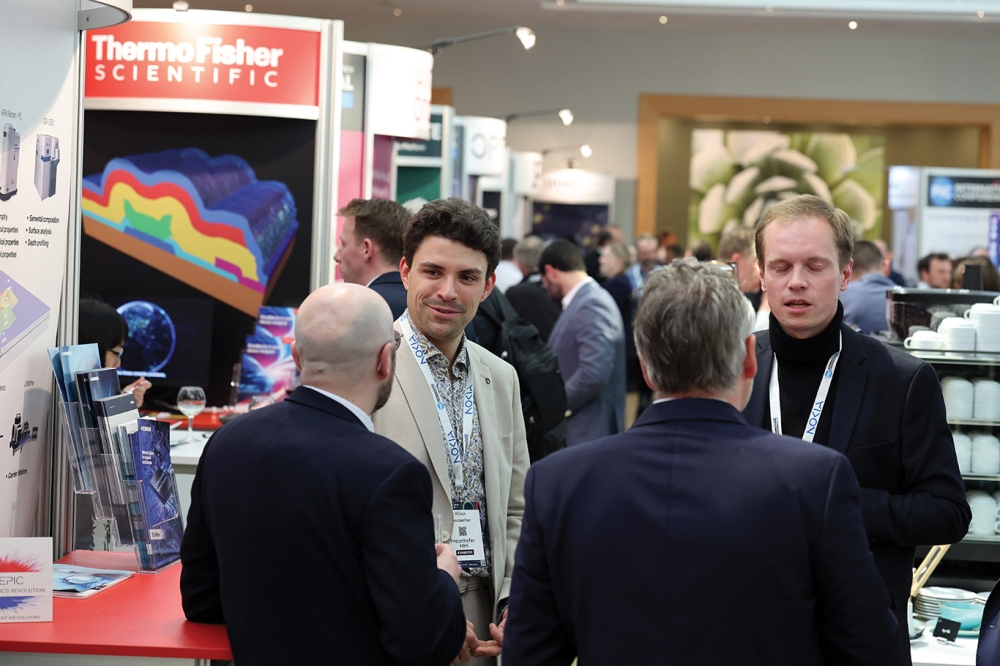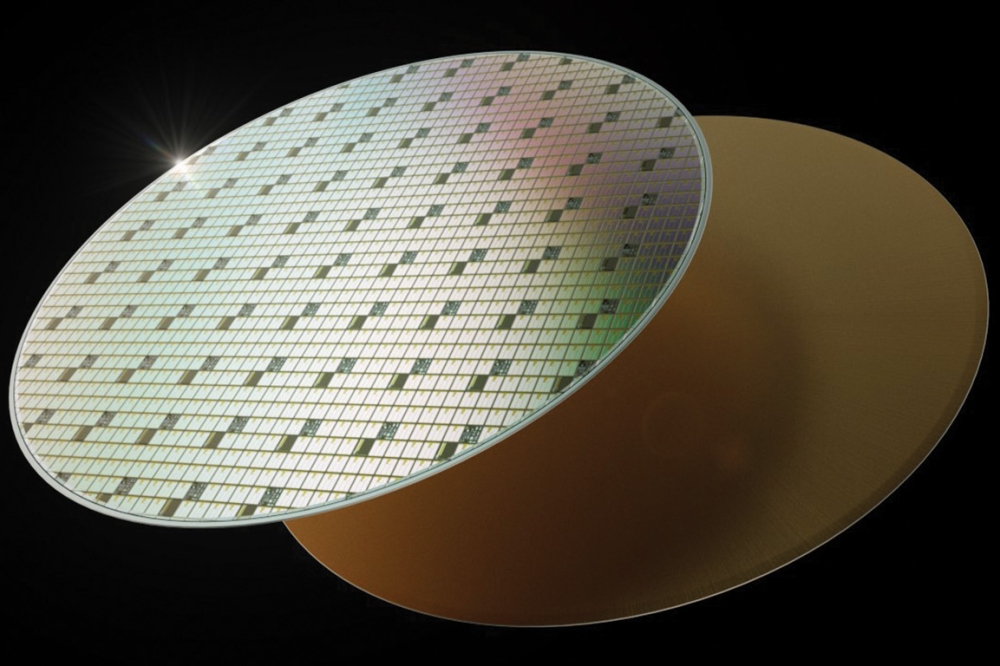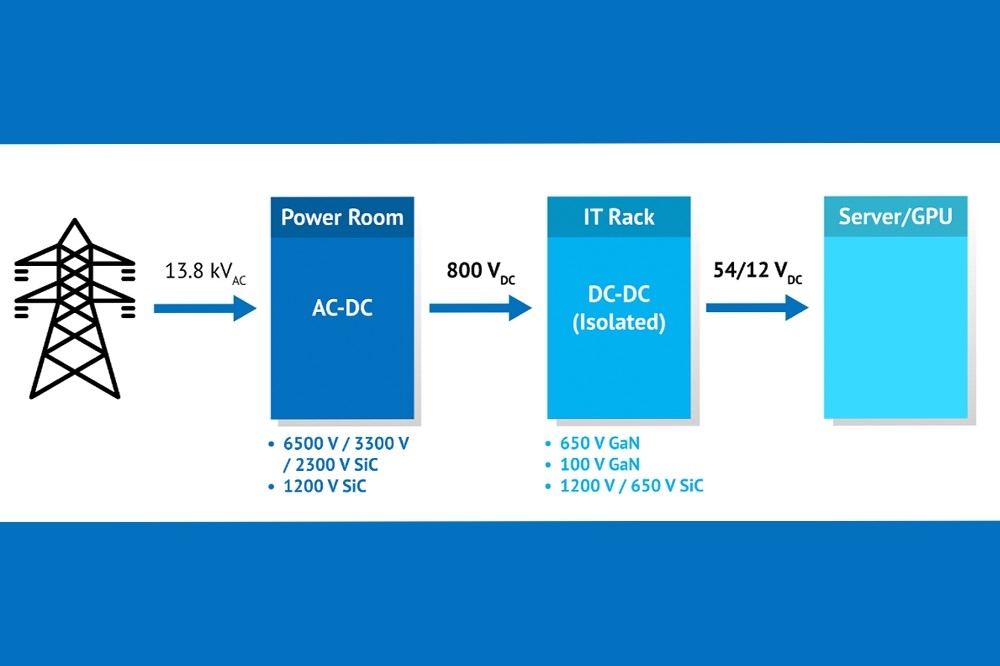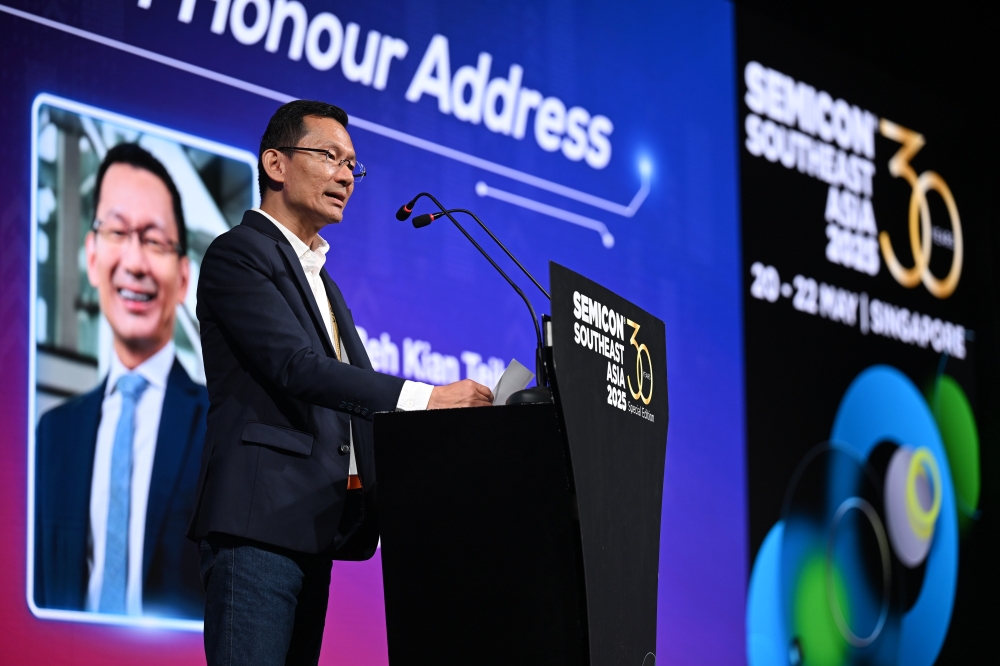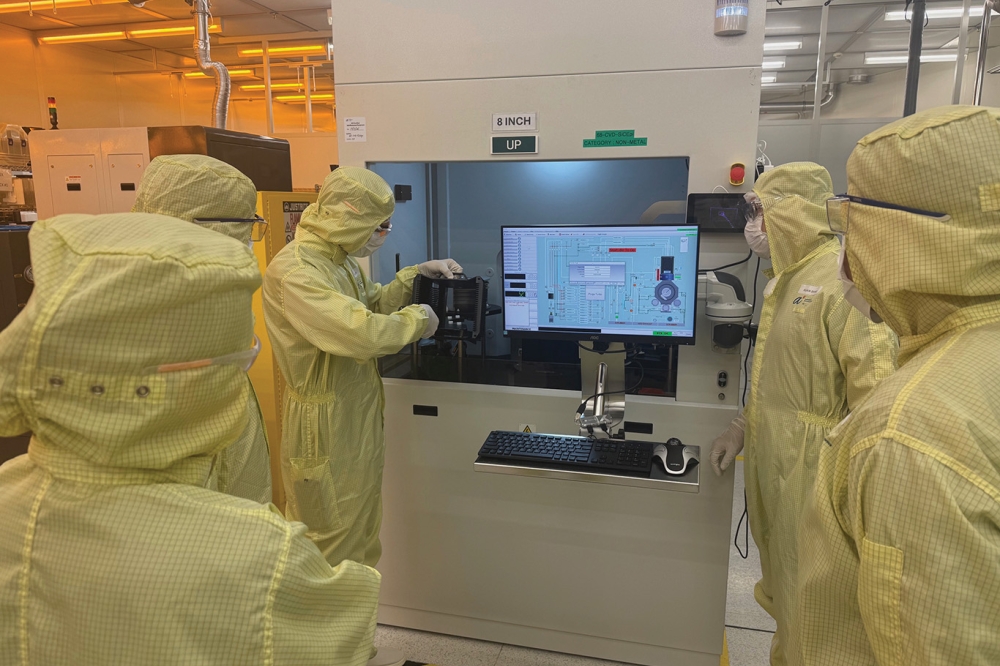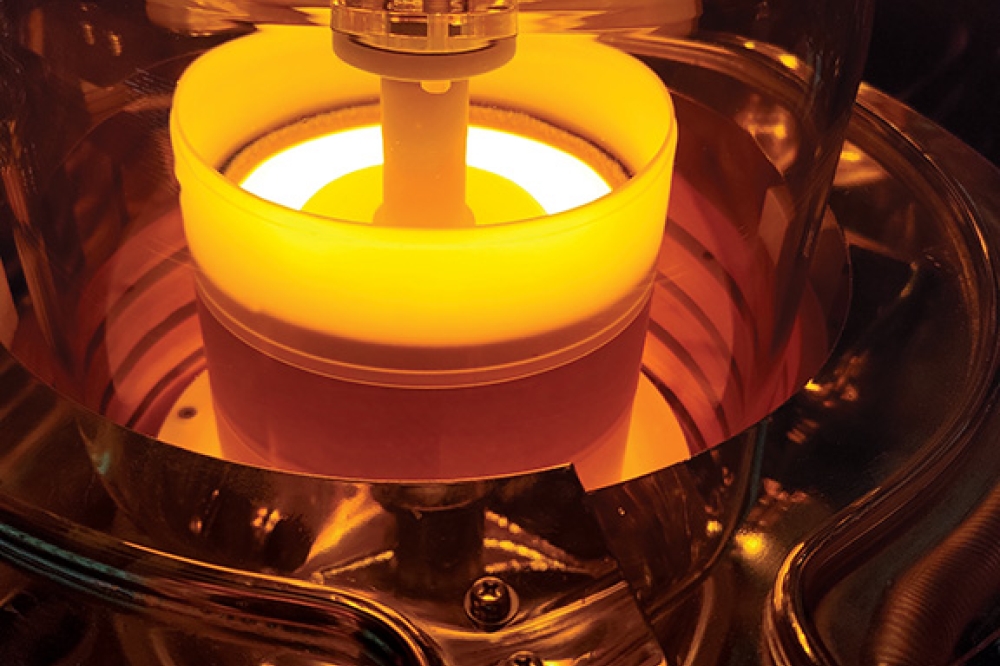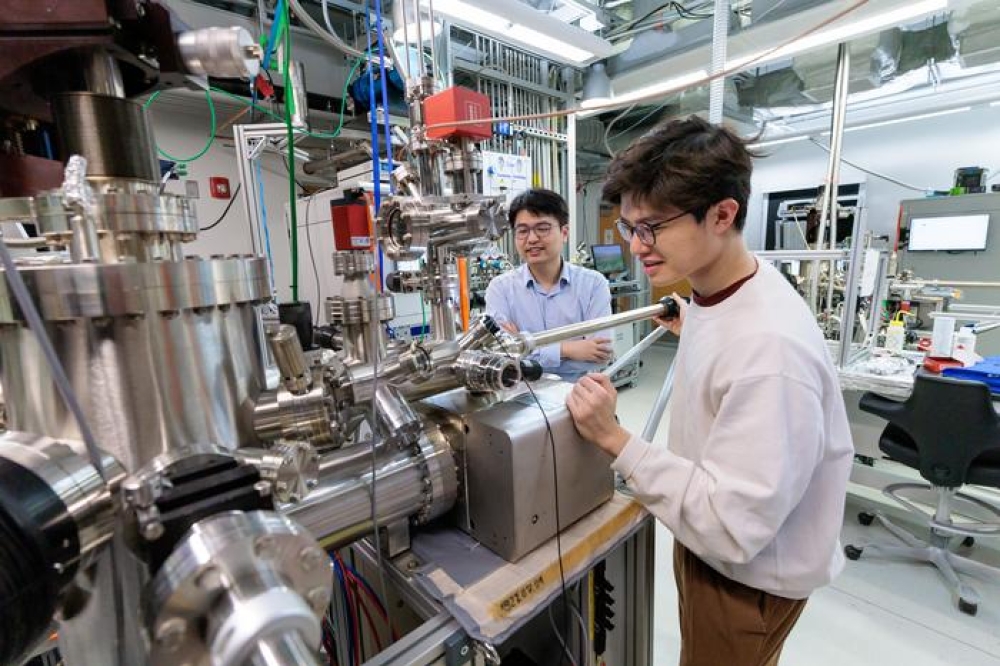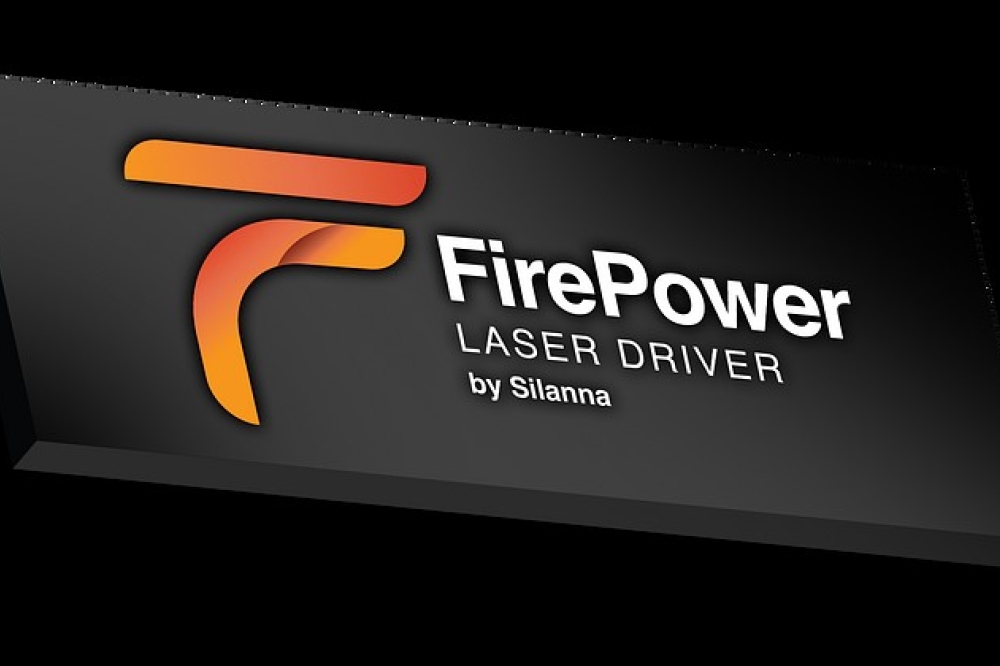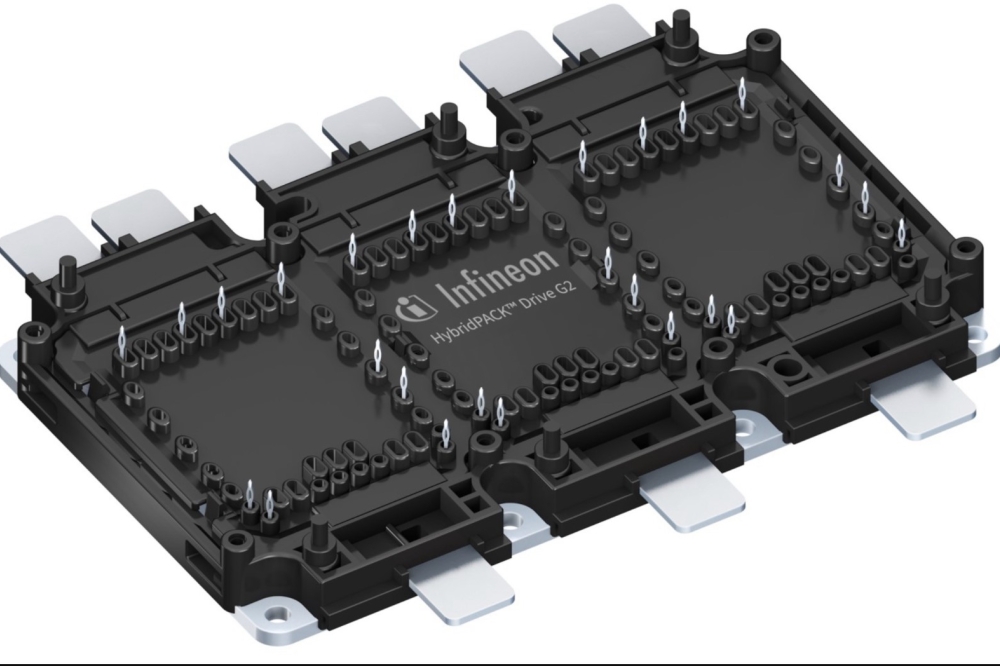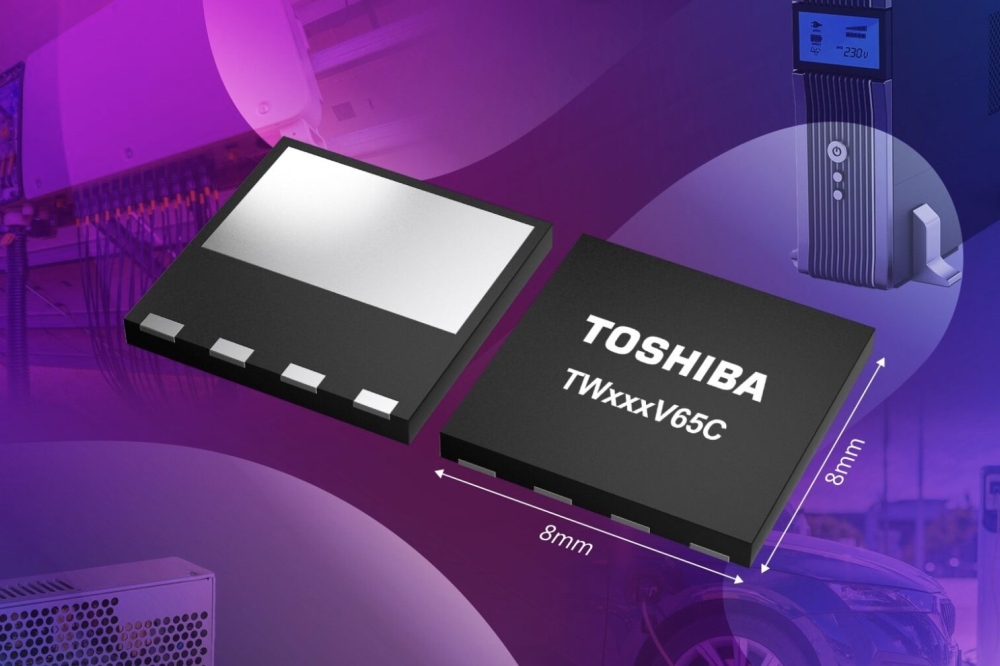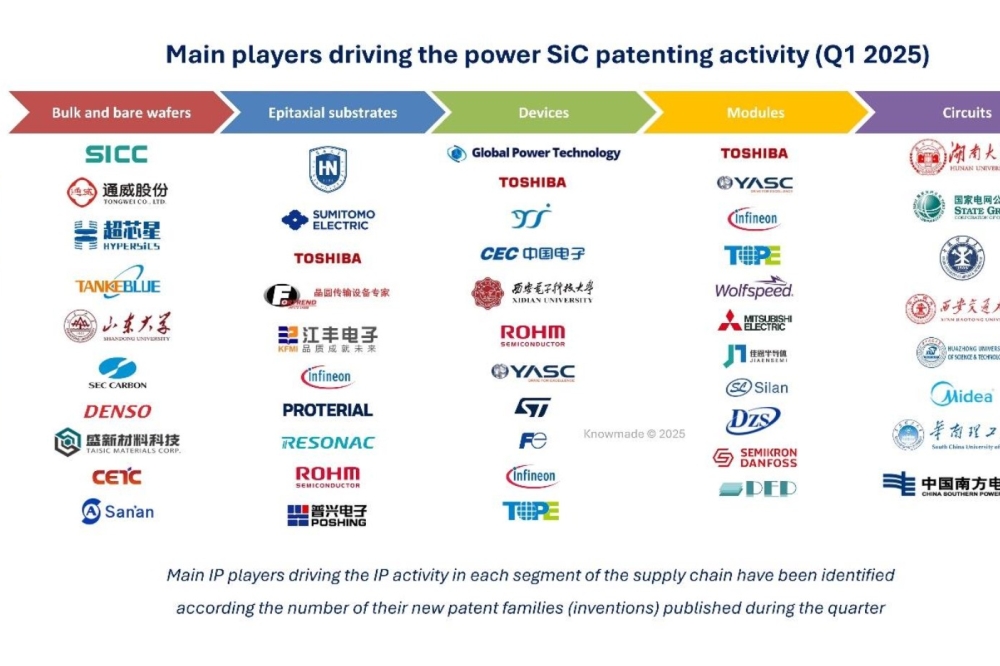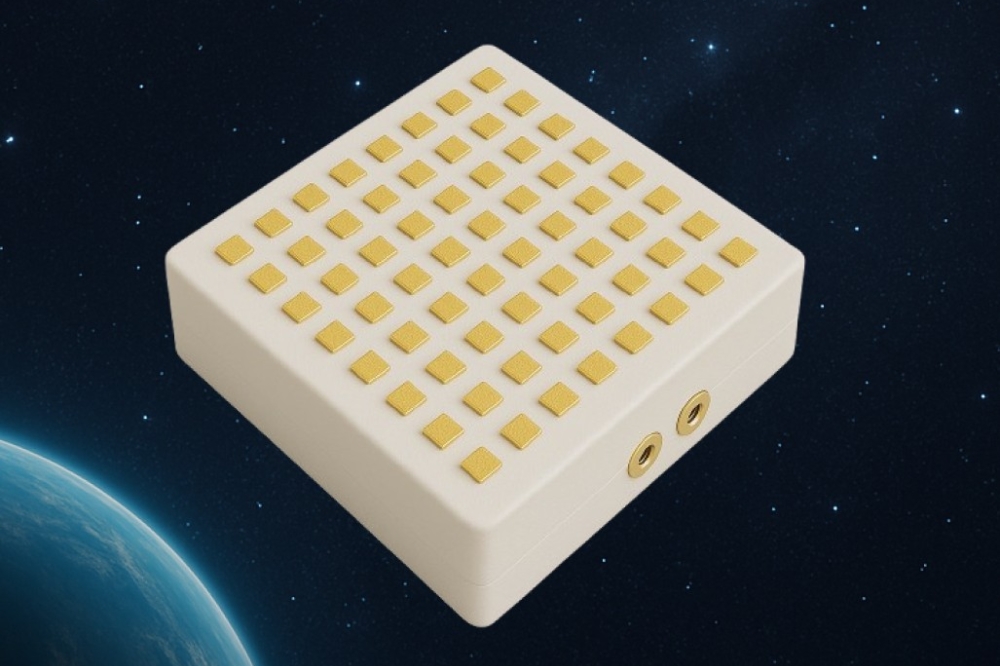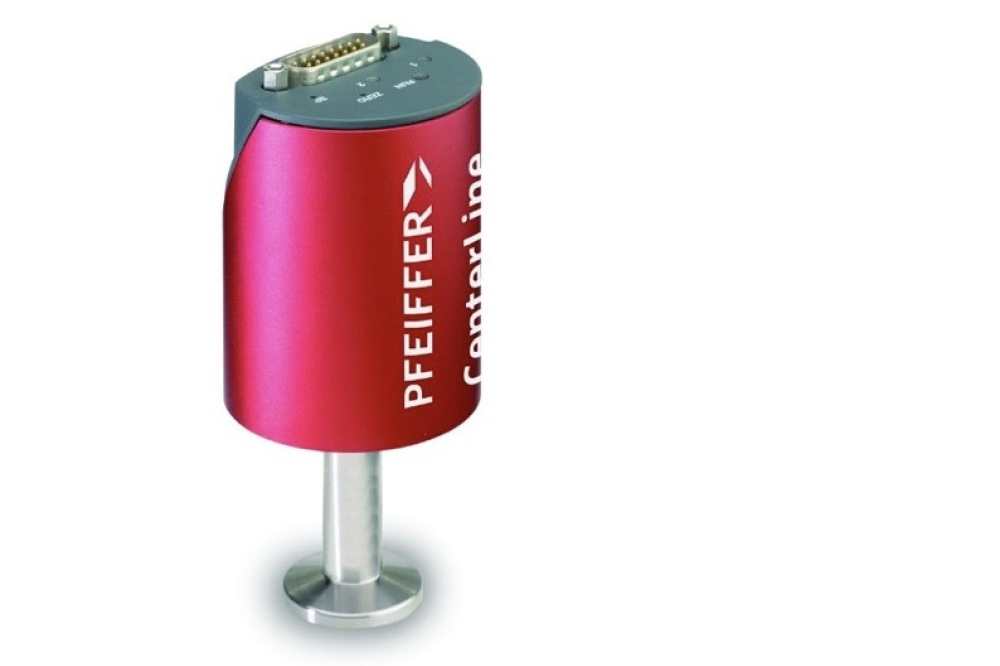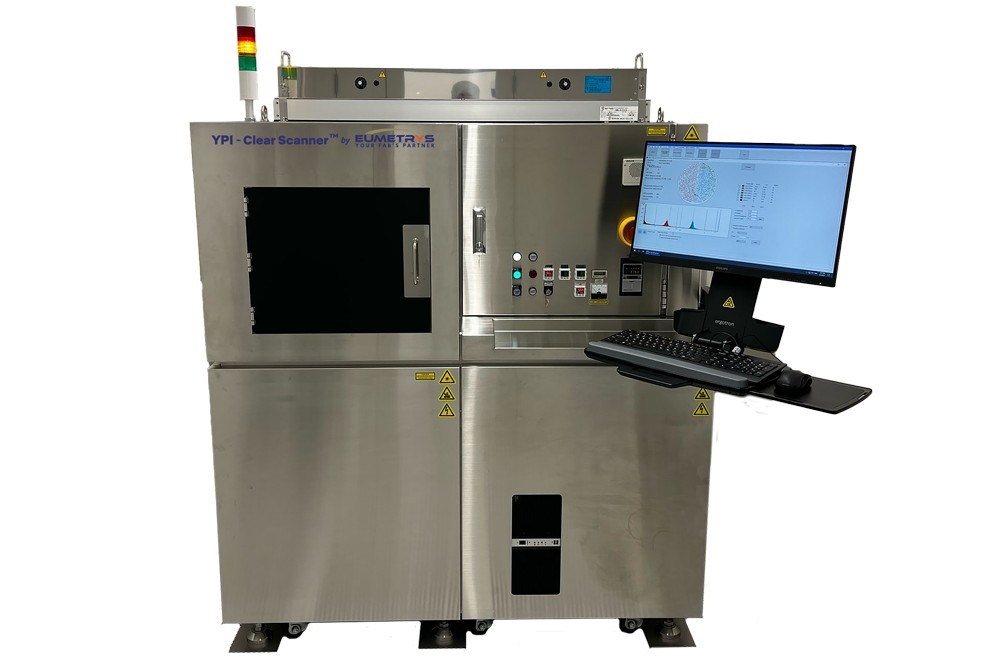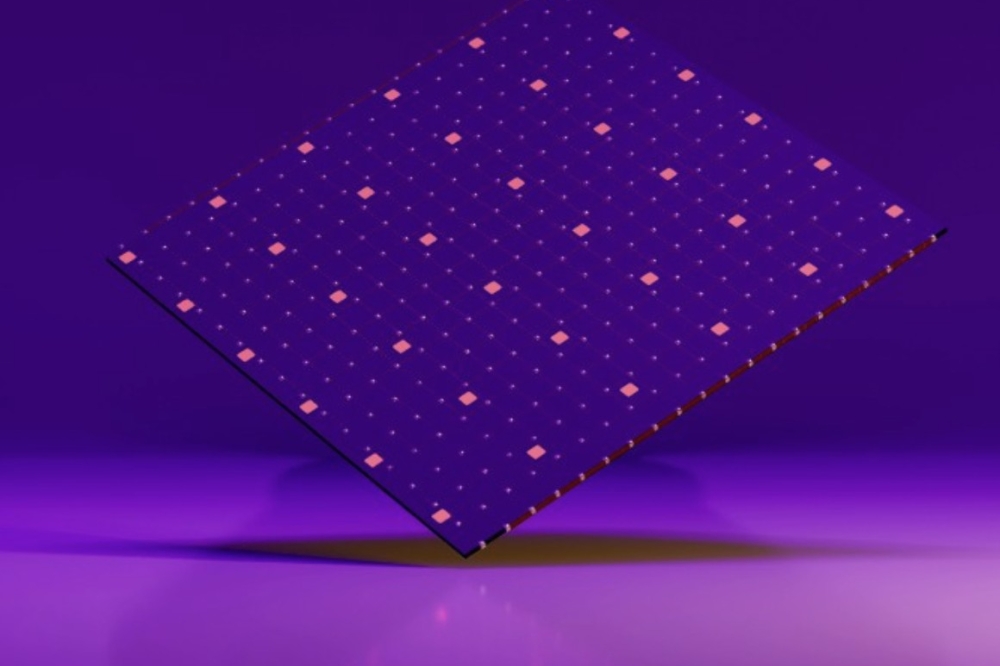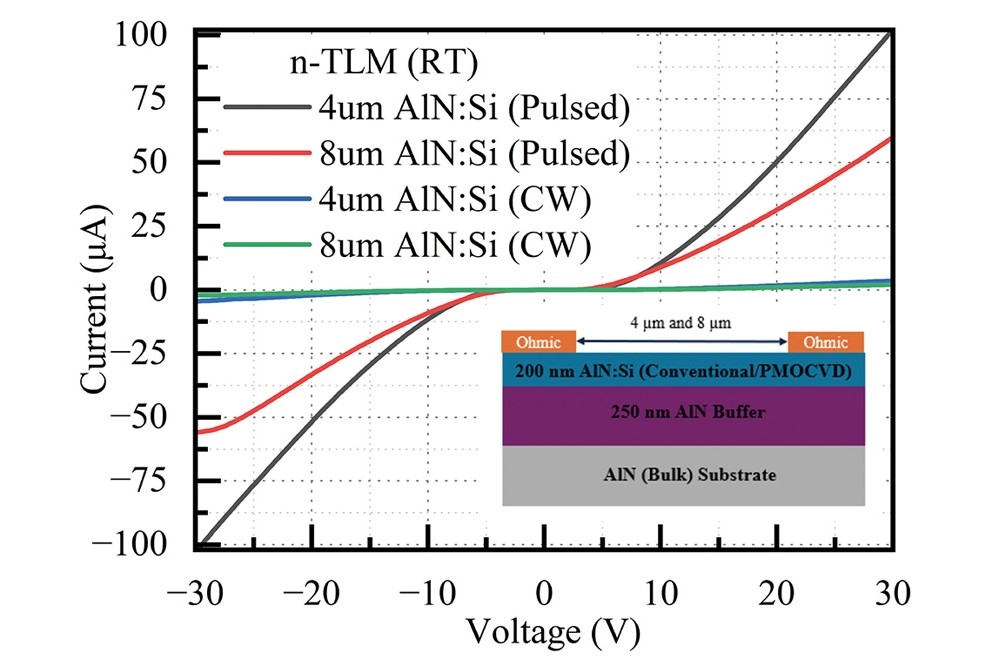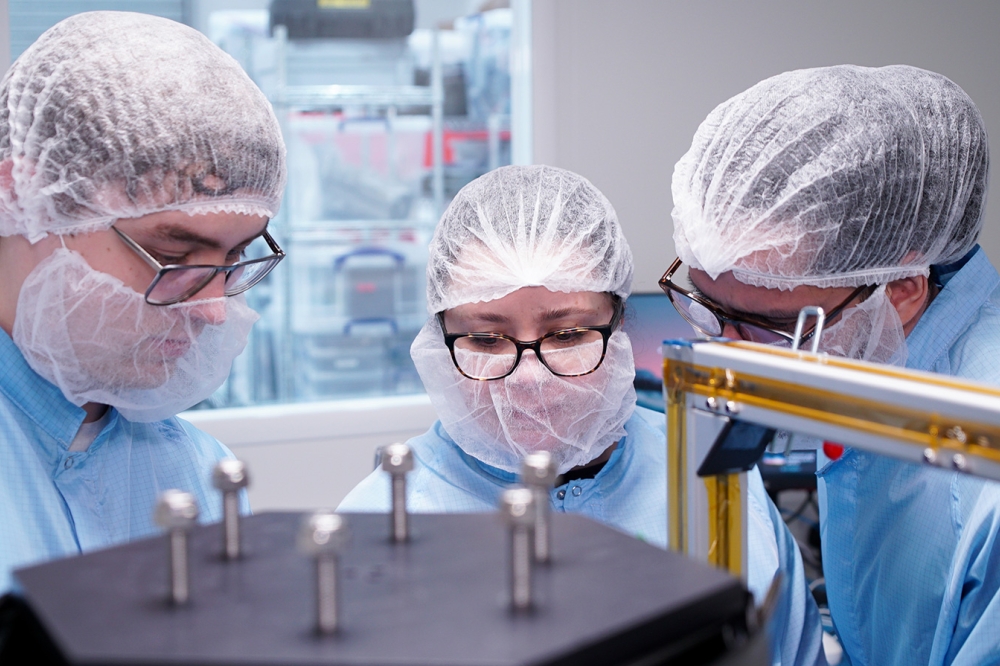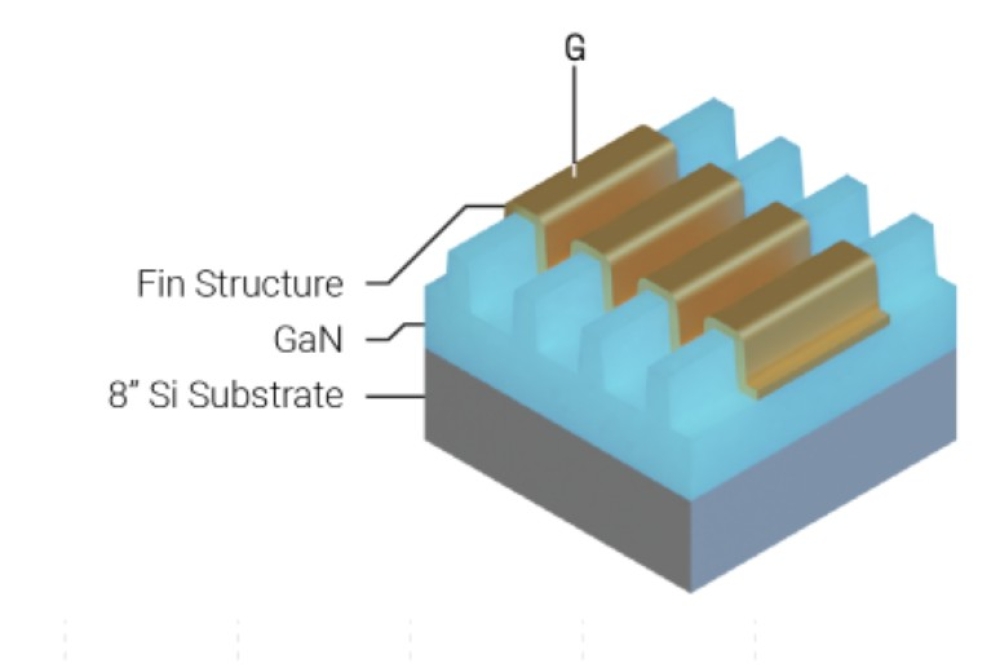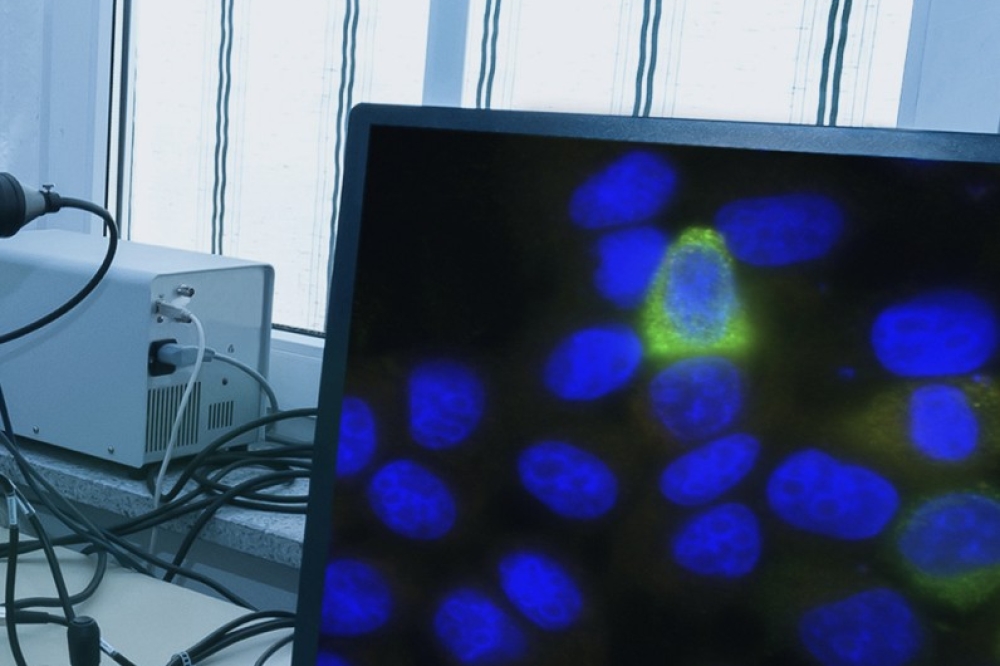Finland to establish two advanced comms test centres
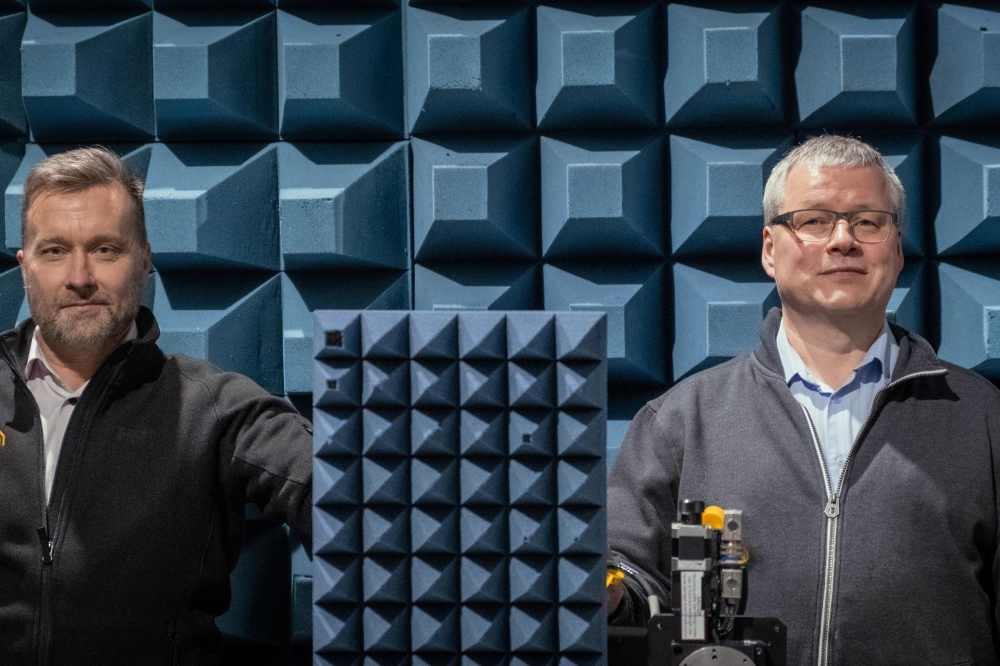
Elevates high-tech profile with NATO partnership
NATO's DIANA Board has approved Finland's proposal to establish two communications test centres - one for 6G and the other for cyber-secure, quantum and space technologies. A business accelerator in Finland is also part of the proposal.
The Finnish Ministry of Defence is the national responsible authority for the project, and the Technical Research Centre of Finland (VTT) coordinated the preparation of the proposal in cooperation with the Ministry.
The test centres will be established at the University of Oulu and VTT's Otaniemi sites. The 6G test centre, coordinated by the University of Oulu, will enable companies to test 6G network technologies. The Otaniemi test centre will focus on testing cyber-secure communication and quantum and space technologies. The test centres can, for example, evaluate concepts and technologies developed by companies and provide support for their development.
VTT will also set up a business accelerator in Otaniemi, Espoo, in cooperation with Aalto University and the University of Helsinki. The accelerator will focus on future communication systems and quantum technologies and provide training for companies in business development in the defence sector. The accelerator's services are targeted particularly at start-ups and SMEs with limited experience in the defence and security sector.
The 6G Test Centre in Oulu will provide advanced wireless communications facilities, services and processes for research and business testing. The University of Oulu will manage the test centre in cooperation with the VTT Technical Research Centre for Technology (VTT).
“We have a long history in military communications research since the late 80s’. In recent years, the role of dual-use technologies has dramatically increased making defence vertical a natural extension to the 6G Flagship research portfolio,” says Matti Latva-aho, director of 6G Flagship.
"The 6G Test Centre will serve as an advanced global test centre providing services for the development and testing of future dual-use technologies for NATO's DIANA partners and defence industry actors," says Jukka Riekki, Dean of the Faculty of Computer Science and Electrical Engineering at the University of Oulu.
"Our new 6G Test Centre will be a research and service centre for high-tech wireless telecommunications and communications. From a research and product testing perspective, we already have the capability and capacity to offer our facilities and expertise to partners. We will make use of our own 5G/6G test network and laboratories as appropriate, and we will also have new separate facilities for the test centre," adds Hannu Nikurautio, Research Director at the Wireless Communications Research Centre (CWC) of the University of Oulu.
The test centre will provide users with access to world-class, rare radio frequency measurement equipment. All measurements and testing related to the development of 6G technology can be carried out in one place. 6G antennas, radios, and radio-frequency integrated circuits (RFICs) can currently be studied in Oulu at up to 330 GHz. The test centre includes a large RF anechoic chamber and RFIC sensor stations, essential for successful radio testing.
"Our 6G Test Centre provides global partners of NATO's DIANA programme with a testing facility for products and solutions for dual-use applications in telecommunications and defence services. It will contribute to developing critical application areas, such as autonomous mobility and machine-to-machine communications," says Hannu Nikuratio, research director at the University of Oulu 6G Flagship, responsible for strategic research in the defence sector.
The 6G frequencies and radio technology using large antenna arrays at the test centre enable research aimed at combining communications and observation. 6G networks, for example, aim to combine the capabilities of a mobile communications network and radar by using radio equipment not only to transmit data but also to detect objects in the environment and observe even small changes in them. The test centre will also provide a platform for integrating artificial intelligence into distributed solutions used to manage the 6G network, control devices and implement applications for users.
"The test centre's 6G network is based on 5G technology, which enables its use and functionality already today. The transition will be smooth. The network and test environments will undergo continuous updates to meet NATO and defence requirements and to provide services and technological solutions for critical needs," assures Hannu Nikurautio.
"The location of this entity in Oulu and its coordination by the University of Oulu proves that Oulu is a pioneer in 6G technology and plays a key role in the further development of the new technology. We were the first in the world to start researching this [6G] even before 5G was commercially deployed. We have built up expertise in the 6G field over a long time. This is a good foundation to move forward,” Jukka Riekki expresses his contentment with the progress.
NATO's DIANA (Defence Innovation Accelerator for the North Atlantic) aims to identify future challenges in the defence sector and find technologically innovative solutions with companies. DIANA focuses on new technologies such as artificial intelligence, autonomy and quantum technologies that are dual-use, i.e. that can be commercially exploited in both the civil and defence sectors.
Most dual-use innovations are currently market-driven in the civil sector. This requires new mechanisms to identify promising technology developers and more robust integration of the defence sector into commercial innovation ecosystems.
Pictured above: Hannu Nikurautio, research director at the Wireless Communications Research Centre (CWC) of the University of Oulu and Jukka Riekki, dean of the Faculty of Computer Science and Electrical Engineering at the University of Oulu.

